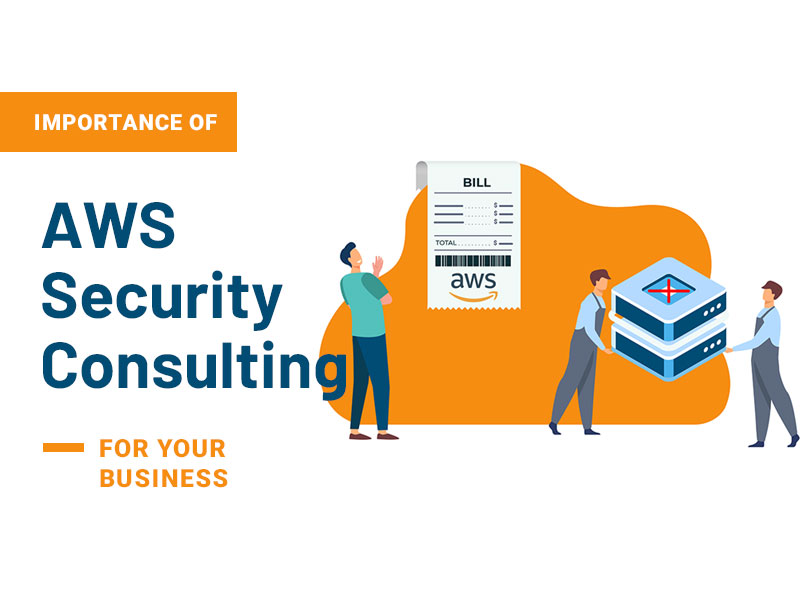Every marketer worth his salt understands the importance of gathering and analyzing data. Most marketing efforts would be futile without valuable insights into consumer behavior, purchasing habits, lifestyle, etc. Since data is the backbone of any serious marketing strategy, it’s essential to keep it secure.
The global average cost of a single data breach is $4.35 million. Aside from significant financial loss, your company may suffer reputational damage as well. You may also be subject to legal ramifications due to different consumer protection laws. If hackers invade your systems, you may need to shut the whole operation down until you regain control.
Financial Loss
There are many ways in which a data breach can cost you a lot of money and undermine your marketing and business efforts. You will need to compensate the third parties affected by the breach for any damage it may have caused. You will also need to pay for a breach-response strategy that would deal with the affected parties.
Then there’s the investigation work. You’ll have to pay your security teams or hire third-party security professionals to take care of any issues. If your company suffered reputational damage, you’ll need to invest in PR and brand marketing to try and clear your name. Legal fees can be another heavy blow to your finances, as GDPR fines are extremely high.
Reputational Damage
Marketing campaigns have become deeply personalized due to the practice of collecting various types of customer data. Any company that gathers consumer data, especially on a large scale, is accountable for the security of that information. Letting sensitive information get into the wrong hands can have an extremely negative effect on a brand’s reputation.
This, in turn, leads to financial losses, as you may risk losing clients, being unable to capitalize on your target market, or having to shut down your marketing activities. Companies that gather Personally Identifiable Information (PII) to personalize their marketing campaigns need to have proper data archiving measures in place to avoid heavy fines or litigation.
Protecting Your Business from Data Breaches
There are a few preventative measures any business can take to protect consumer data and avoid a disaster. It’s always a good idea to invest in information security early on to avoid potentially huge financial losses. Companies should invest in security tools and software, crisis management activities, and cybersecurity awareness training for their employees. So, by establishing a robust security framework, businesses can mitigate risks effectively. Now, if a cyber attack takes place, it is only natural to ask – “Is your business victim to a data breach?” If so, understanding the breach’s impact and implementing immediate corrective actions is crucial. Regular assessments of your security posture and updating protocols can help safeguard against future incidents, ensuring that sensitive information remains protected. Taking these proactive steps can bolster your defenses and create a culture of security within your organization.
Use Secure Marketing Tools and Software
As hackers become more sophisticated, businesses need to up their game too by using state-of-the-art marketing tools and software. Such tools offer various functionalities in terms of analytics, metrics, and security measures which allows for a more informed data-recovery strategy.
The most important thing you need to know about data breaches is that they’re completely avoidable if you apply the correct measures early on. Marketers must use a secure tech stack that will act as a shield against any potential threats. It’s also important that any security tools you use comply with GDPR or other regulations you may be subjected to.
Focus on Crisis Prevention and Management
If you want to stay ahead of hackers and other bad actors, you must have a crisis management plan in place. This way, a data breach won’t catch you off guard, and you’ll be able to minimize any damages that may occur. Even the most secure of organizations can get hacked, which is why crisis management is so important.
Here are a few things you should include in your crisis management plan:
- Identification of sensitive documents
- Business impact analysis
- Response protocols implementation
- A hardware and software inventory
- Response team identification
- Identification of testing activities
- Security overview
- Software update management
Create a Culture of Cybersecurity
A corporation should implement proper security measures across all of its departments. Now, providing resources such as a cyber security pdf download and similar other tools, can help employees stay informed on the latest threats and best practices. For example, industries like finance and healthcare often distribute similar resources to ensure all staff are trained in data protection protocols. This will increase cybersecurity awareness enough to minimize the threats of a security breach. A company will also appear much more trustworthy to potential clients if all of its employees undergo proper cybersecurity training.
It’s extremely beneficial to implement cybersecurity measures throughout the whole organization. You will be less prone to hacker attacks and won’t have to worry about losing money or sensitive data. Your brand will appear more trustworthy and capable of defending itself against cyber criminals.
Conclusion
Hackers are becoming increasingly sophisticated when it comes to cyberattacks and data theft. They have cutting-edge tools at their disposal and will use them to target companies with weak security measures. That’s why it’s important to understand how data breaches can undermine your company’s security and what you can do about it.
Just like cyber criminals have access to advanced hacking technology, you have access to advanced security tools and software. Don’t try to save money on your security stack – use the best tools you can get. Don’t forget about implementing a crisis prevention plant, as well as creating a culture of cybersecurity across your company’s departments.






